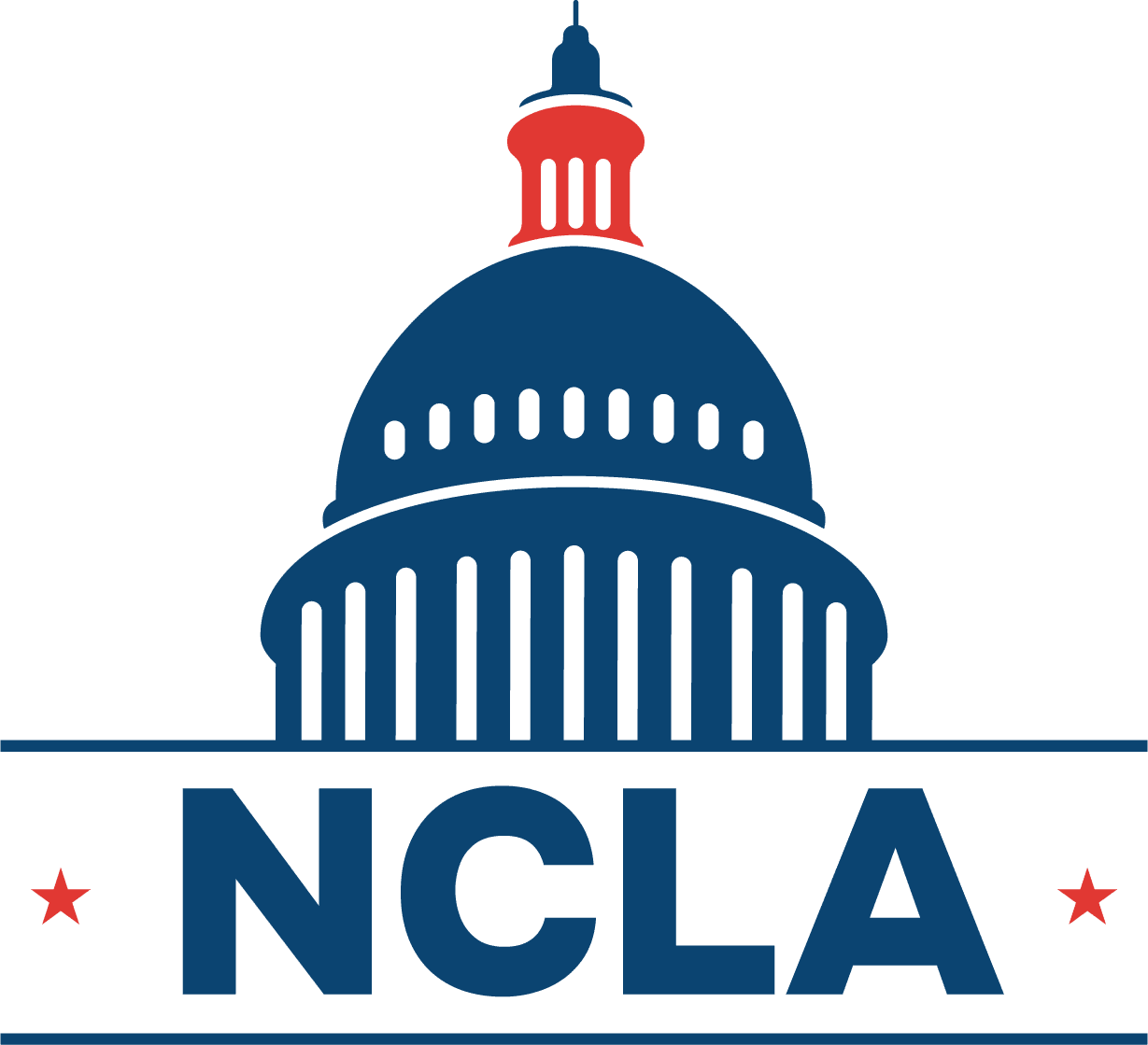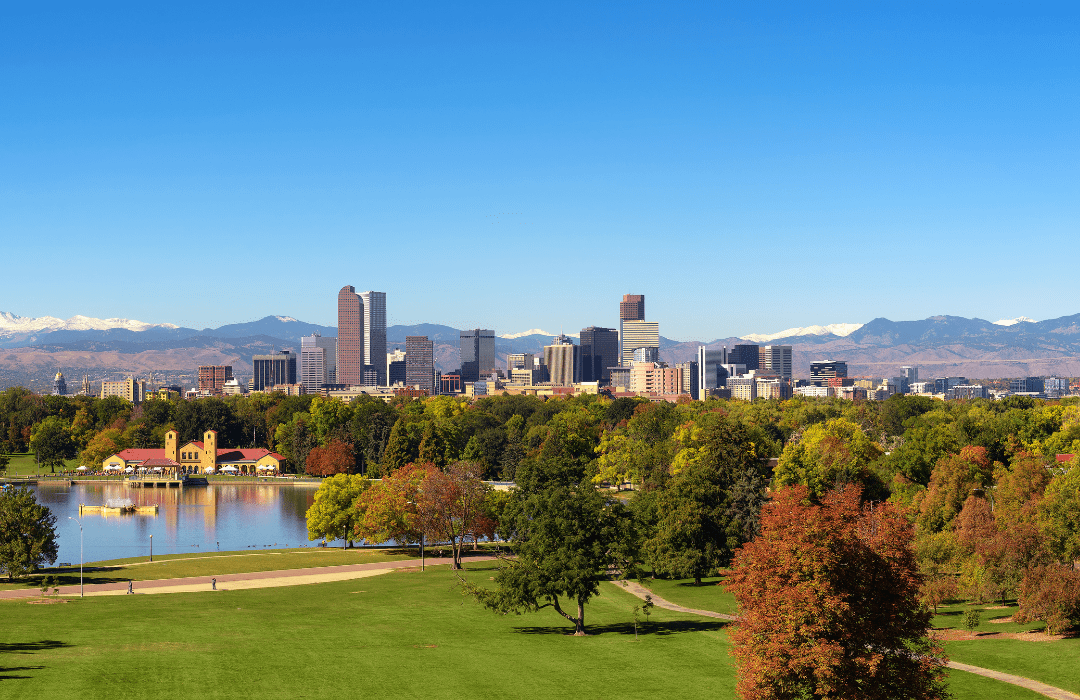Governor and Legislative Dems Proposals Present Competing Approaches
EPA’s recent decision to downgrade Colorado’s North Front Range and Denver Metro air quality from serious to severe non-attainment is requiring changes to improve its air quality and reduce its greenhouse gas emissions. Proposed solutions, however, are arguably extreme and will serve to significantly undercut the Northern Colorado economy.
To address the issue, Democrats in the State Legislature and Governor Polis are using the challenge to individually pursue major initiatives: A set of bills to target the oil and gas industry and a roadmap to achieve science-based climate targets of 26% by 2025, 50% by 2030 and 90% by 2050 from 2005 levels.
The air quality legislation, introduced by Democratic lawmakers last week, consists of three bills:
- HB24-1330. Air Quality Permitting, would change how the state issues permits for new pollution sources, including oil and gas and other industry sectors, giving more authority to air quality regulators
- SB24-165 Air Quality Improvements, among several provisions, would extend the summer ozone season from three to five months, and prohibit oil and gas drilling during that period,
- SB24-166 Air Quality Enforcement, would increase the penalties for violating emission limits, and require more frequent inspections and monitoring of pollution sources.
The bills are supported by environmental groups and health advocates, who say they are necessary to protect public health and meet federal standards.
The bills are opposed by the oil and gas industry and business groups, who say they are too costly, unnecessary, and harmful to the economy.
- In Northern Colorado, Weld County accounted for 80% of the oil produced in Colorado, and 54% of the natural gas produced in Colorado
The Greenhouse Gas Roadmap, updated by Governor Jared Polis this week, outlines 49 actions that various state agencies will take to tackle climate change over the next three years, as part of what Polis has billed as a “whole-of-government approach” to reducing emissions.
- The GHG Roadmap 2.0 is based on an updated inventory of emissions and a modeling tool that shows the state is more than 80% of the way to meeting its 2030 goal with current policies and incentives.
- The roadmap includes actions such as building more complete and connected streets, increasing energy efficiency and electrification for affordable housing, streamlining local electric vehicle charger deployment, and developing a statewide industrial decarbonization strategy.
- However, not all environmental advocates are enamored by the Governor’s GHG Roadmap 2.0 effort arguing it doesn’t go far enough.
Complementary or Competing Efforts:
Both efforts share the same objective of improving the state’s air quality and climate performance, but they differ in their scope, scale, and speed of implementation, and are expected to face different levels of political and legal resistance.
- Legislation
-
- Focuses on the oil and gas sector, which accounts for about 17% of the state’s emissions, the greenhouse gas roadmap
- Aims to achieve immediate and tangible results in the next few years
- Has to pass through the legislature, where it will likely face opposition from some lawmakers and the governor’s office
- RoadMap 2.0
- 2.0 covers the entire economy, with the electricity, transportation, and buildings sectors being the largest contributors.
- 2.0 sets a longer-term vision and strategy that requires sustained and coordinated efforts
- 2.0 is mostly under the executive branch’s authority, but it may face legal challenges from industry groups or other stakeholders.
Business and Industry Response
The NCLA will consider all of the bills and the Roadmap 2.0 during this week’s NCLA board meeting. Immediate concerns include:
- Uncertainty and instability created for the business community and that would discourage investment and innovation in the state’s energy sector and Colorado generally
- Increase the cost of energy for consumers and businesses
We will factor the reaction and concerns of industry organizations to inform our decisions.
- Oil and Gas Sector:
- The oil and gas industry has been working for years to reduce its emissions and comply with existing regulations, and argues that the new bills would unfairly target its operations and jeopardize its economic contribution to the state.
- They argue that the bills would have little impact on the overall air quality, since oil and gas emissions are only one of many factors that contribute to ozone formation, and that other sources such as vehicles, power plants, and wildfires should be addressed as well.
- They also question the feasibility and cost-effectiveness of some of the actions proposed in the greenhouse gas roadmap, such as electrifying the oil and gas sector, developing a clean hydrogen economy, and implementing a carbon capture and storage program.
.


Recent Comments